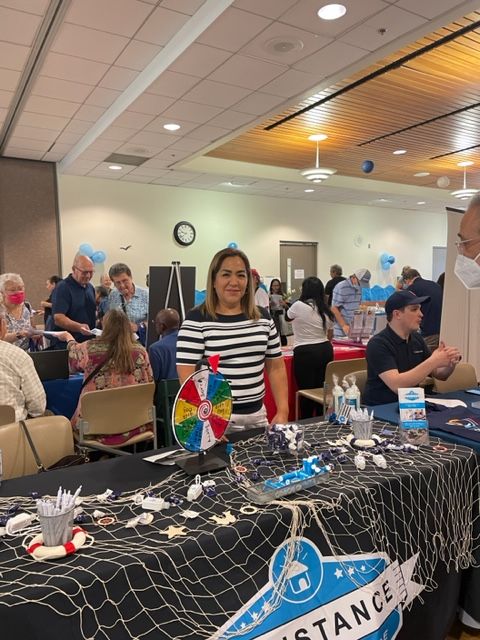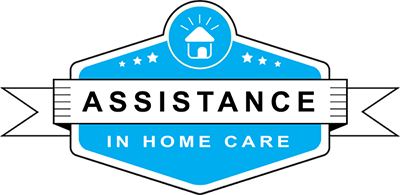Creating Memories

For some, this Thanksgiving will be the first time in the past year the entire family is able to celebrate the holiday together. If you’re having trouble thinking of Thanksgiving activities to get the family into the holiday spirit… no need to worry! After so long, Thanksgiving can feel overwhelming with the kids running around and extended family coming in. Luckily the team at Assistance in Home Care has a few activities to share ranging from games to crafts, to cooking recipes!
Thanksgiving Crafts
Finding the right activities to engage the whole family can allow opportunities for family bonding. Gathered Again has curated a list of Thanksgiving-themed activities that can engage the entire family: 1
- Thanksgiving Bingo Game: This may be an obvious choice, but with a bit of creativity you can turn this game into a personal and enjoyable experience! Customize your cards, have a grand prize, and see who can get bingo first!
- Thanksgiving Charades: Charades is a classic game whether it’s Thanksgiving or a family reunion. Not only does it help exercise motor and critical thinking skills, but pair up a grandparent and a grandchild and see how many you’re able to guess right.
- Coloring & Arts: For seniors with Alzheimer’s or dementia, activities as simple as coloring can bring comfort and relieve stress. Coloring can be therapeutic for some while boosting memory.2
Having trouble creating a bingo game for the entire family? Check the References links below! On their page, Gathered Again has free printables of their games available and more!
Thanksgiving-Inspired Recipes
The turkey may be centerpiece of the table, but don’t let that stop you and your loved ones from getting creative with these Thanksgiving-inspired recipes!
- Oreo Turkey: This recipe from Butter & Baggage puts the spirit of Thanksgiving into these fun, easy-to-make treats for the entire family!3
- Cranberry Brie Bites: Love crescent rolls? Delish has a delicious appetizer that will be gone in minutes. 4
- Cornbread Stuffing with Sausage and Corn Nuts: A classic holiday dish that brings in a bit of heat from Thai chiles. The perfect recipe to keep the family warm.5
Whether your family has a sweet-tooth or prefers preparing the perfect turkey, remember the best food is made when the whole family shares a part in making it!
A Time for Family and Friends
Thanksgiving is a time to be thankful for those who have supported us throughout this past year. Even if you are unable to visit family and friends this year, we hope these ideas and resources inspire you in creating fond memories wherever you may be. Be it a nursing home supported by your caregivers or inside your home with your family, Thanks-giving not only allows us to reminisce over past memories but create new ones to enjoy here and now.
Assistance in Home Care would also like to take this moment to thank our clients and caregivers for their dedication and support over this past year. You are the heart and soul of Assistance in Home Care and we hope this holiday season you’re able to spend some time among those who care for you. Happy Thanksgiving!
Resources
- Gathered Again: https://gatheredagain.com/thanksgiving-activities-for-seniors/
- Good House Keeping: https://www.goodhousekeeping.com/holidays/thanksgiving-ideas/g28939265/fun-things-to-do-on-thanksgiving-activities/
- Butter & Baggage: https://www.butterandbaggage.com/turkey-oreo-truf-fles/?utm_medium=social&utm_source=pinterest&utm_campaign=tail-wind_tribes&utm_content=tribes&utm_term=472558442_16613120_33013
- Delish: https://www.delish.com/cooking/recipe-ideas/recipes/a56610/cranberry-brie-bites-recipe/
- Bon appétit: https://www.bonappetit.com/recipe/cornbread-stuffing-with-sausage-and-corn-nuts


